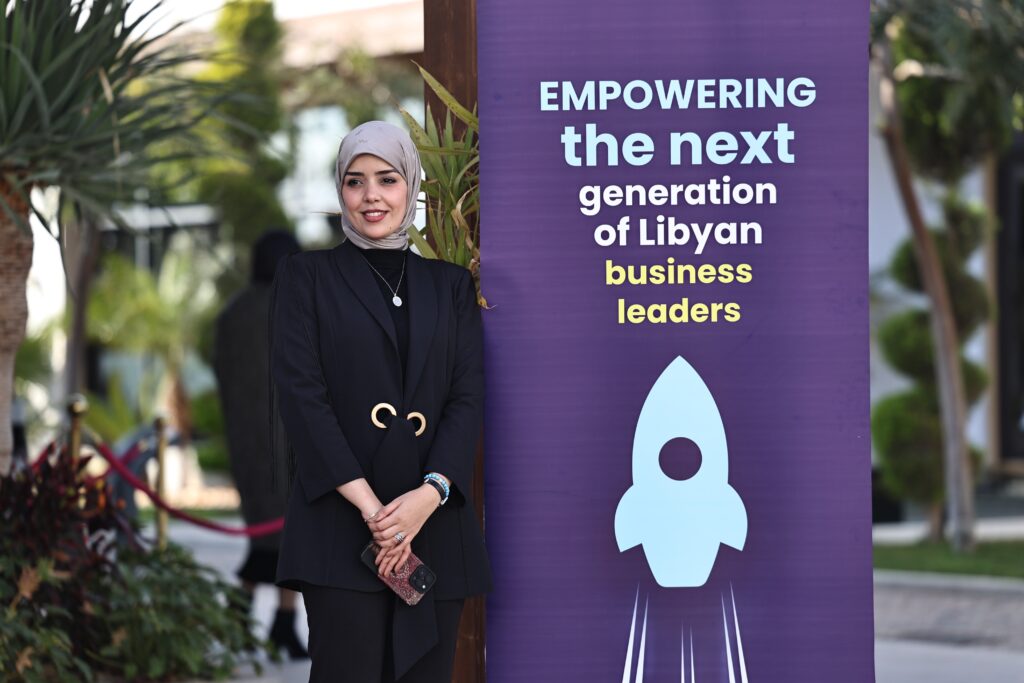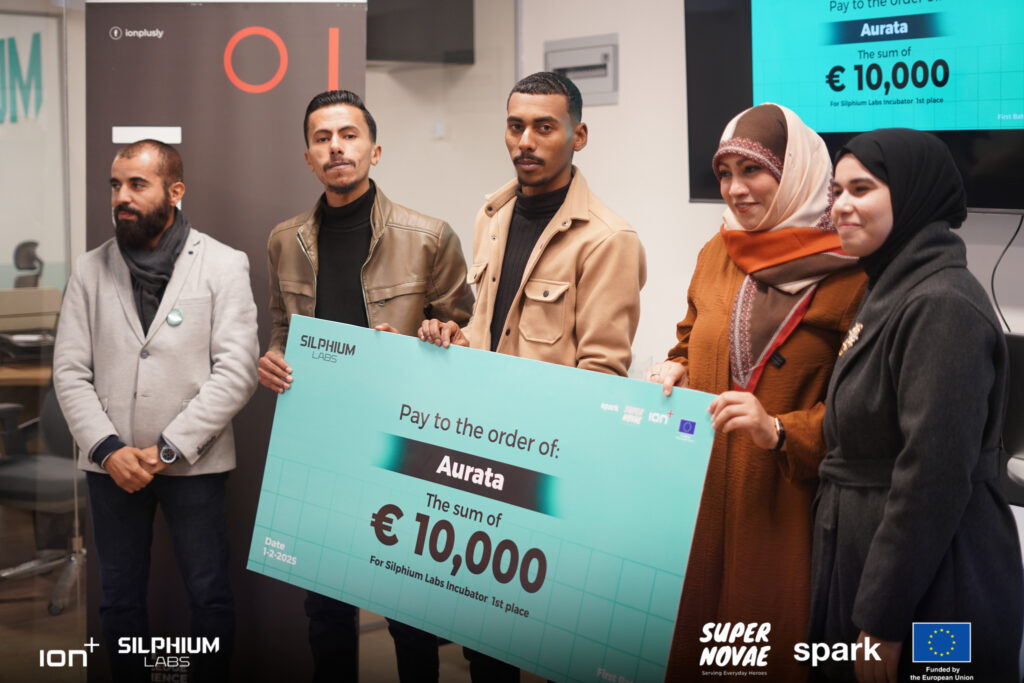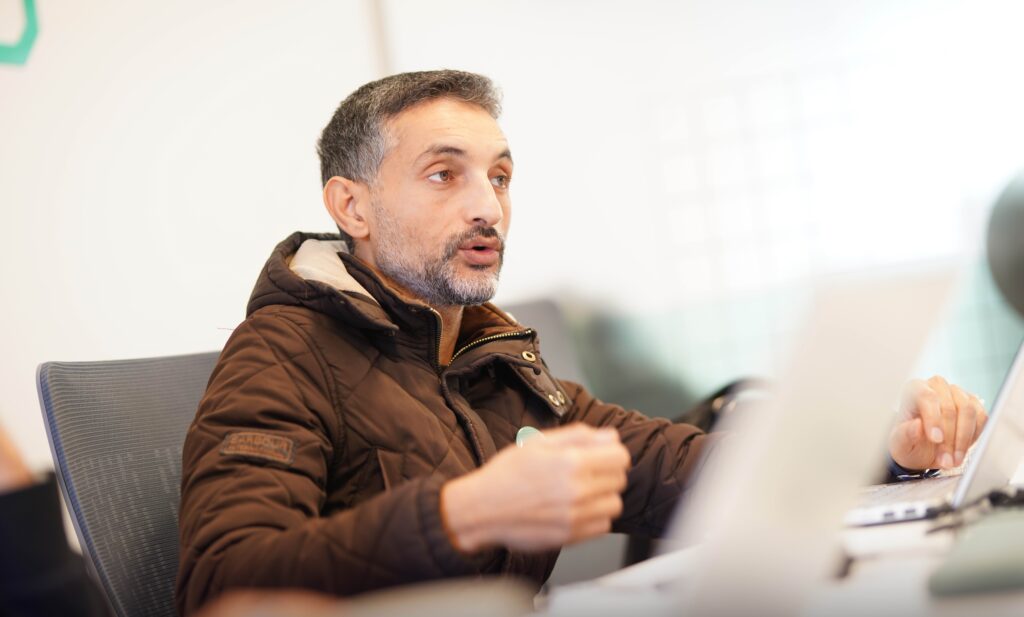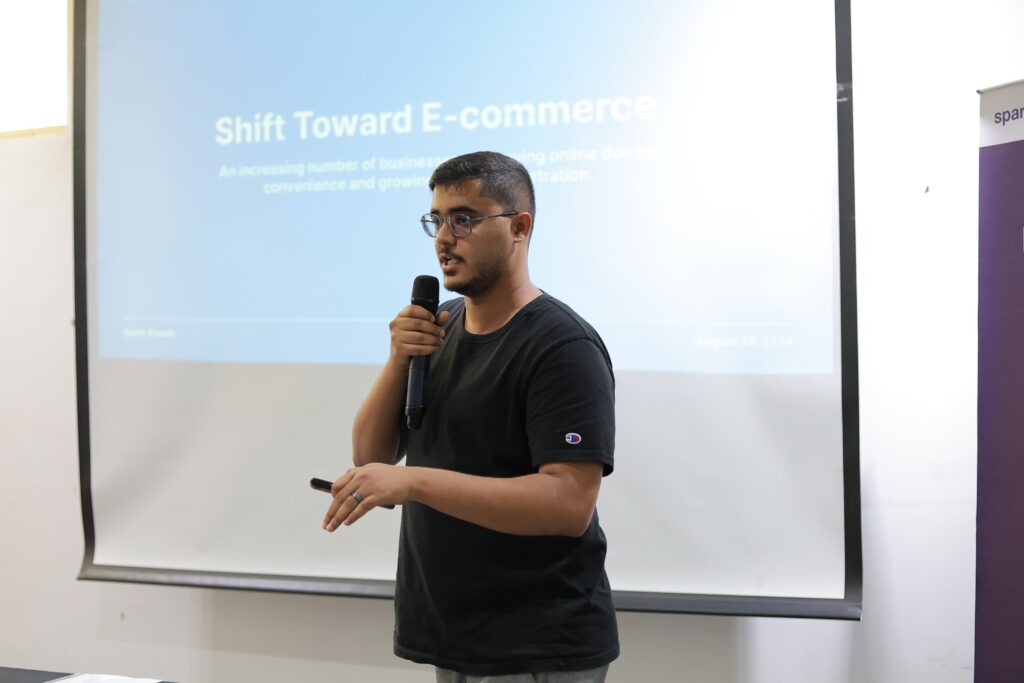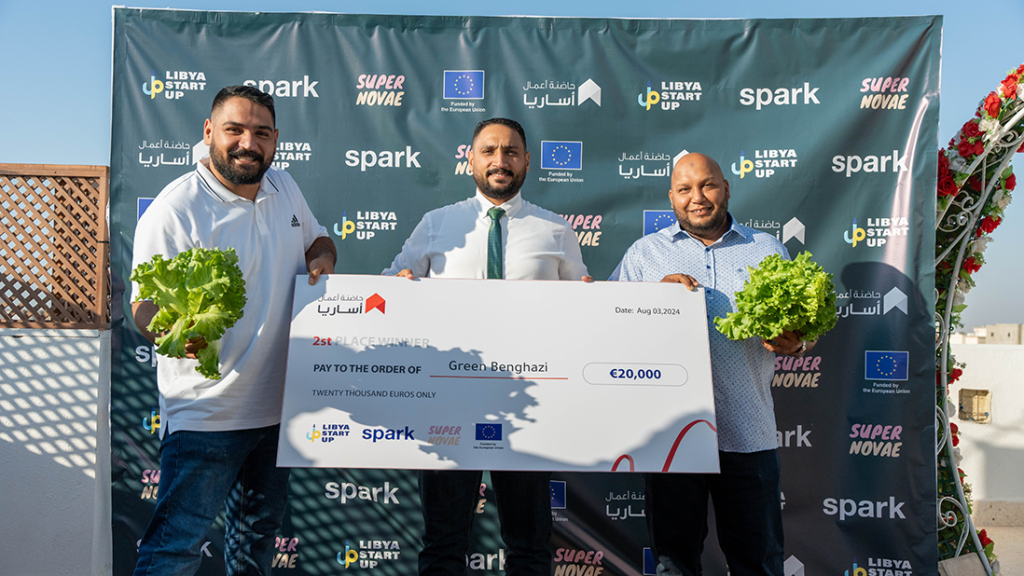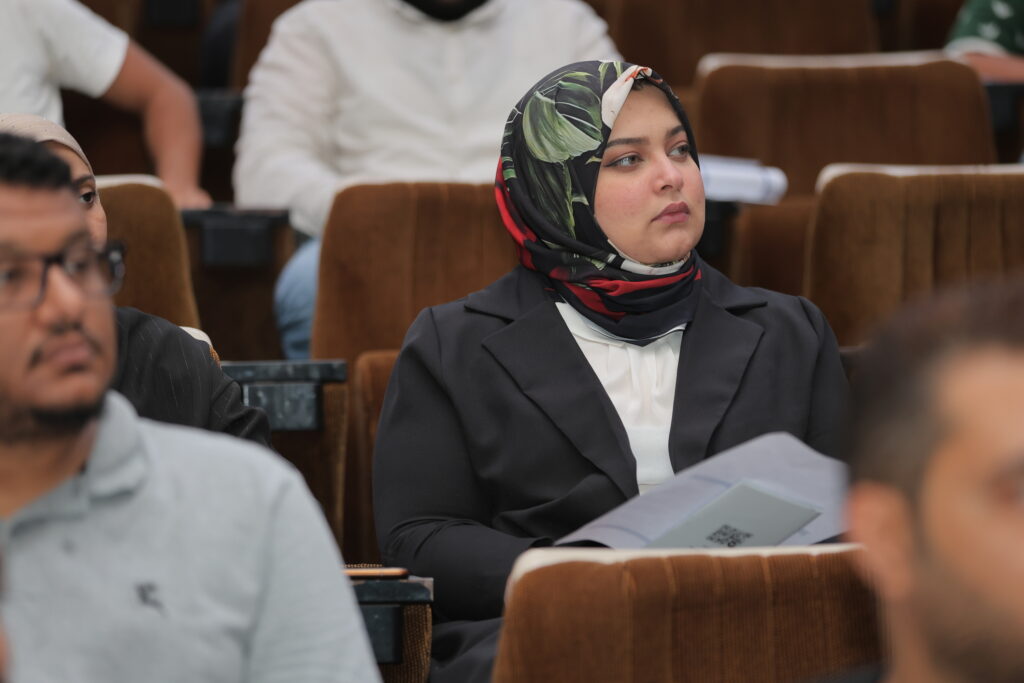Libya’s devastating floods, one year on

A year after historic floods ravaged Libya, SPARK continues its on-the-ground efforts, partnering with local organisations to help businesses and entrepreneurs recover and rebuild.
A year has passed since unprecedented floods tore through Libya, yet affected communities still require support and access to long-term recovery services.
The districts hardest hit by the disaster were already among the most vulnerable, where small businesses and entrepreneurs were struggling with limited resources and unstable markets. The destruction of vital infrastructure—such as business hubs, marketplaces, and support services— has intensified these challenges, leading to widespread job losses and the collapse of livelihoods. This upheaval deepened existing economic inequalities, leaving many individuals and families facing increased hardship and uncertainty.
From day one of the response, SPARK has been on the ground with partners, and we remain committed to supporting families still reeling from this devastation.
What happened?
On September 10, 2023, Libya was struck by unprecedented flooding, triggered by Storm Daniel and the catastrophic collapse of two dams near the city of Derna – a port city in eastern Libya.
The disaster severely impacted the northeastern cities of Benghazi, Sousa, and Al-Marj, where entire neighbourhoods were swept away. Thousands lost their homes, buildings, businesses and loved ones in the tragedy. Storm Daniel brought severe weather—intense winds and torrential rains—that ravaged large areas across northeastern Libya, including Derna, Benghazi, Tobruk, Al-Marj, and Sousa, isolating many areas as communication lines were cut off. The heavy rains caused the Wadi Derna river to overflow, leading to the rupture of two dams near Derna. Once a thriving port city with a population of 100,000, entire neighbourhoods were devastated by the floodwaters.
Experts believe climate change is amplifying extreme weather events like Storm Daniel. An international group of scientists with the World Weather Attribution initiative concluded that climate change made the heavy rainfall that led to Libya’s deadly floods up to 50 times more likely.
How is SPARK contributing to the long-term recovery of businesses and the local ecosystem?
Since 2012, SPARK has been active in Libya, with an office in Benghazi, working alongside partner organisations to support Libyan youth in building startups and growing small and medium-sized enterprises. It is heartbreaking to witness the destruction of so many hard-earned livelihoods due to this devastation.
In response to the crisis, SPARK has taken steps to help communities recover. We have established four business incubators, including one near Derna, to support Internally Displaced Persons (IDPs) and local entrepreneurs. These centres provide essential resources and guidance for those looking to rebuild their businesses.
SPARK values the deep knowledge and experience of our local partners, who guide and teach us as we work together to create sustainable recovery opportunities. This collaboration is central to our efforts, including offering training and mentorship programmes for young people, with a strong focus on achieving 50% inclusivity for women. Seed funding is also being provided to help entrepreneurs restart and rebuild.
We are also prioritising the strengthening of local enterprises, particularly micro, small, and medium-sized enterprises (MSMEs); working to enhance essential business skills and improve access to finance and broader markets. Special attention is being given to startups addressing the climate crisis and promoting green entrepreneurship. These businesses receive tailored coaching, market access, and targeted seed funding to help them adapt and thrive amid ongoing environmental changes.
With a commitment to long-term recovery, SPARK will continue standing by these communities, working closely with partners to ensure that our collective response today helps shape a more resilient tomorrow.
Related news
-
![]() Report
ReportSPARK 2024: Annual report highlights
-
![]() News
NewsSPARK trains Libyan partners in incubation management to boost startup ecosystem
As part of the EU-funded Libya Startup programme, SPARK brought together partners and service providers for an intensive training on…
-
![]() News
NewsCelebrating winners of Silphium Labs’ second incubation cycle in Libya
SPARK has announced the winners of the second cohort of Silphium Labs, the first business incubator in Al-Bayda, Libya. As…
-
![]() News
NewsSPARK announces winners of Scale-up competition in Libya
Held in Benghazi as part of the EU-funded Libya Startup Programme, the Accelerate Action panel spotlighted the experiences of Libyan…
-
![]() News
NewsGreen Forward: Key insights from the regional launch event on green and circular economy
-
![]() News
NewsSeven winners in the first startup competition in Al-Bayda
SPARK have announced the winners of Silphium Labs’ startup competition. As the region’s first business incubator, Silphium Labs has become…
-
![]() News
NewsSecond Cohort of Libya Startup Incubator Sees Surge in Derna Entrepreneurs
-
![]() News
NewsThe EU, SPARK, UNIDO, and Expertise France set a vision for a green economy in the Southern Mediterranean region through the“Green Forward” initiative
As part of the IGNITE conference in Amman, Expertise France, SPARK, UNIDO, and the European Union introduced the Green Forward…
-
![]() Report
Report2023 Annual Report
The Annual Report provides comprehensive information on SPARK’s activities throughout the preceding year. Published with the approval of the Supervisory…
-
![]()
Igniting entrepreneurship: SPARK inaugurates first incubator in Al-Bayda
-
![]()
Clicks to Progress: Celebrating Libyan Youth’s Role in Digital Transformation
-
![]()
Ten startups win a total of 100,000 Euros in seed funding at Asarya Startup Competition
-
![]()
Highlights from the “Start Your Own Business” seminar at the University of Benghazi




